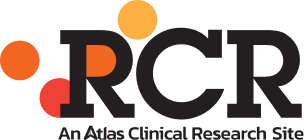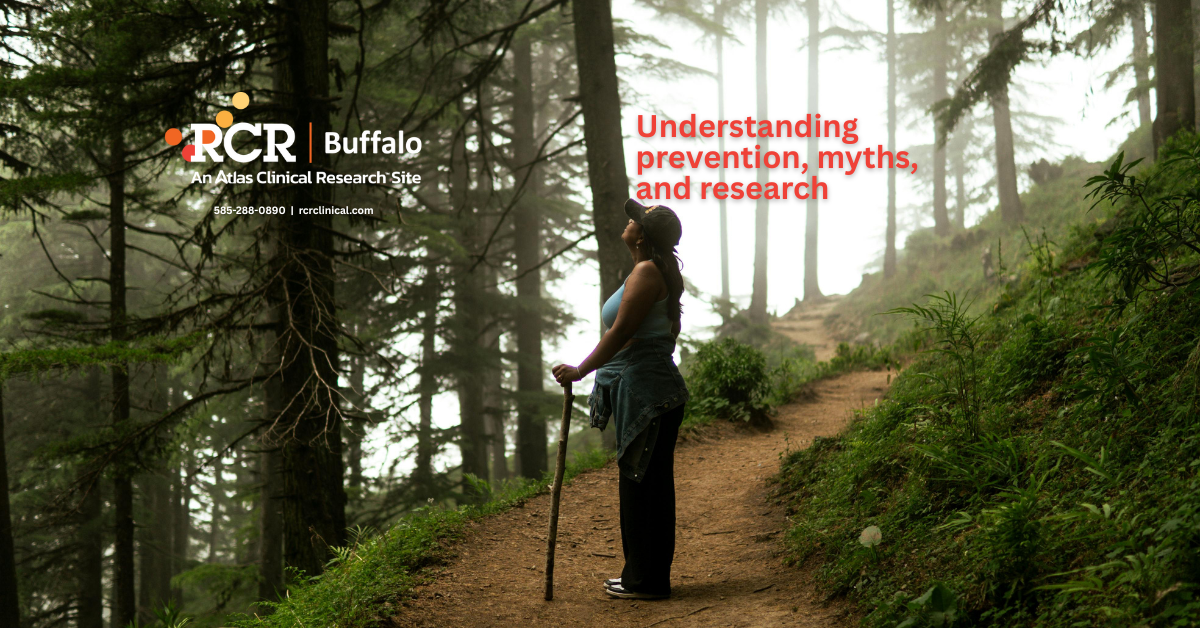When, in 2016, Mary Dinnan, RPA-C retired from practicing primary care and joined the team at Rochester Clinical Research, she quickly realized how much her day-to-day work in private practice had been influenced by clinical research.
“I started to think — after having done primary care for 40 years — how much of what we do and did was the result of clinical trial work,” she said.
At RCR, clinical trials may involve vaccines for potential pandemics, but oftentimes they involve treatments for more commonplace conditions, including osteoarthritis, migraine or weight loss — things that may affect a friend, neighbor or loved one.
“These are normal issues that people deal with on a daily basis,” said Dinnan, adding that clinical research also informs recommendations doctors, Nurse Practitioners, and PAs give for common, potentially life-saving health screenings.
“If I am advising someone to get a colonoscopy at 50, I don’t make that up — that is the result of somebody doing trials to determine when that type of intervention is necessary,” she said.
Dinnan is passionate about helping the public better understand the importance of clinical research — and breaking down the stigma that participants are “guinea pigs.”
All clinical trials include an in-depth process of learning key facts before an individual can decide to participate. Informed consent, as it’s called, continues throughout the study, said Dinnan.
“They have to understand what they’re signing up for,” she said. “And informed consent can be withdrawn at any time, so if you decide at any time that you no longer want to participate, it’s not a binding legal contract.”
The informed consent process ensures that patients truly understand all aspects of their particular trial. Anyone may withdraw from any trial at any time.




